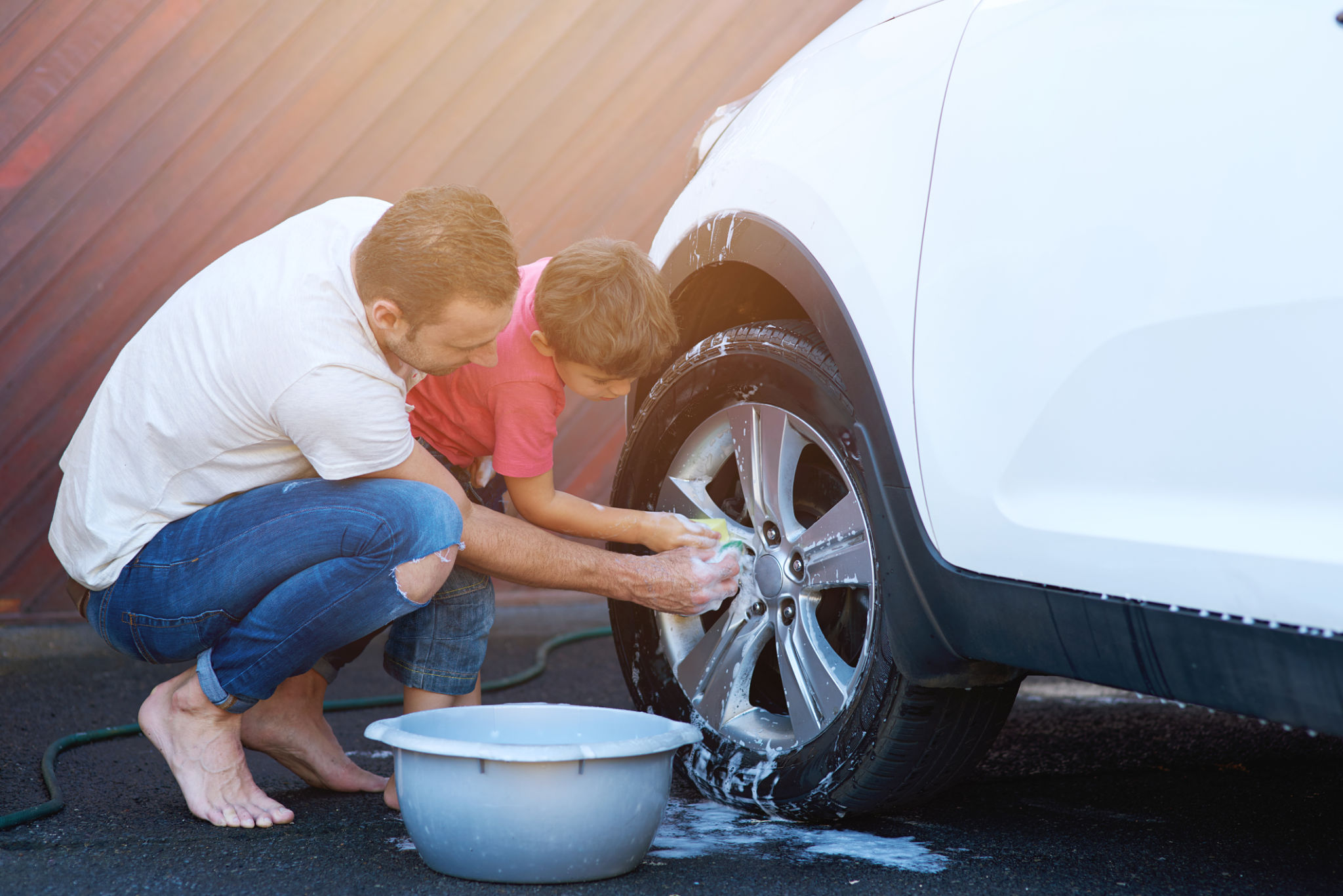Everything You Need to Know About Car Waxing Services
Understanding Car Waxing
Car waxing is a popular service that helps protect and enhance the appearance of your vehicle. By applying a thin layer of wax to the exterior, you can achieve a glossy finish that not only looks great but also provides a protective barrier against environmental elements. Whether you're a car enthusiast or someone looking to maintain the resale value of your vehicle, car waxing is an investment worth considering.
Waxing acts as a shield against harmful UV rays, dirt, and minor scratches. It creates a hydrophobic layer that repels water, reducing the chances of water spots and corrosion. Regular waxing can prolong the lifespan of your car's paint, making it an essential part of any car maintenance routine.

Types of Car Wax
When it comes to car waxing, there are several types available, each offering unique benefits. Understanding these options can help you choose the best one for your needs:
- Natural Wax: Typically made from carnauba wax, this option provides a deep shine and is favored for its natural ingredients.
- Synthetic Wax: Made from polymers, synthetic wax offers longer-lasting protection and is easier to apply.
- Spray Wax: Ideal for quick touch-ups, spray wax is convenient but may not provide as durable a protection as paste or liquid waxes.
The Benefits of Professional Car Waxing Services
While DIY waxing can be fulfilling, there are significant benefits to opting for professional car waxing services. Professionals have access to high-quality products and equipment that can achieve superior results. They also have the expertise to apply the wax evenly, ensuring no spots are missed.
Furthermore, professional services save you time and effort. Instead of spending hours applying and buffing wax, you can leave it to the experts and enjoy a beautifully finished vehicle without the hassle.

How Often Should You Wax Your Car?
The frequency of waxing depends on several factors, including the type of wax used, driving conditions, and personal preferences. Generally, it is recommended to wax your car every three to four months. However, if you frequently drive in harsh weather conditions or park your car outdoors, more frequent waxing might be necessary.
Preparing Your Car for Waxing
Before applying wax, it's crucial to ensure your car is clean and free from dirt and debris. Start by washing your vehicle thoroughly and drying it completely. Any remnants of dirt can cause scratches when applying wax. For best results, consider claying your car to remove embedded contaminants for a smoother finish.

Choosing the Right Service Provider
When selecting a car waxing service provider, consider factors such as reputation, customer reviews, and pricing. Look for businesses that offer comprehensive detailing packages if you're interested in additional services like interior cleaning or paint correction.
Always ask about the types of products they use and whether they offer any warranties on their services. A reputable provider will be transparent about their processes and eager to answer any questions you might have.
Conclusion
Car waxing is an essential service that not only enhances the appearance of your vehicle but also protects it from various environmental threats. By choosing the right type of wax and service provider, you can keep your car looking pristine and maintain its value over time. Whether you opt for DIY or professional services, regular waxing is key to maintaining your vehicle's exterior.
